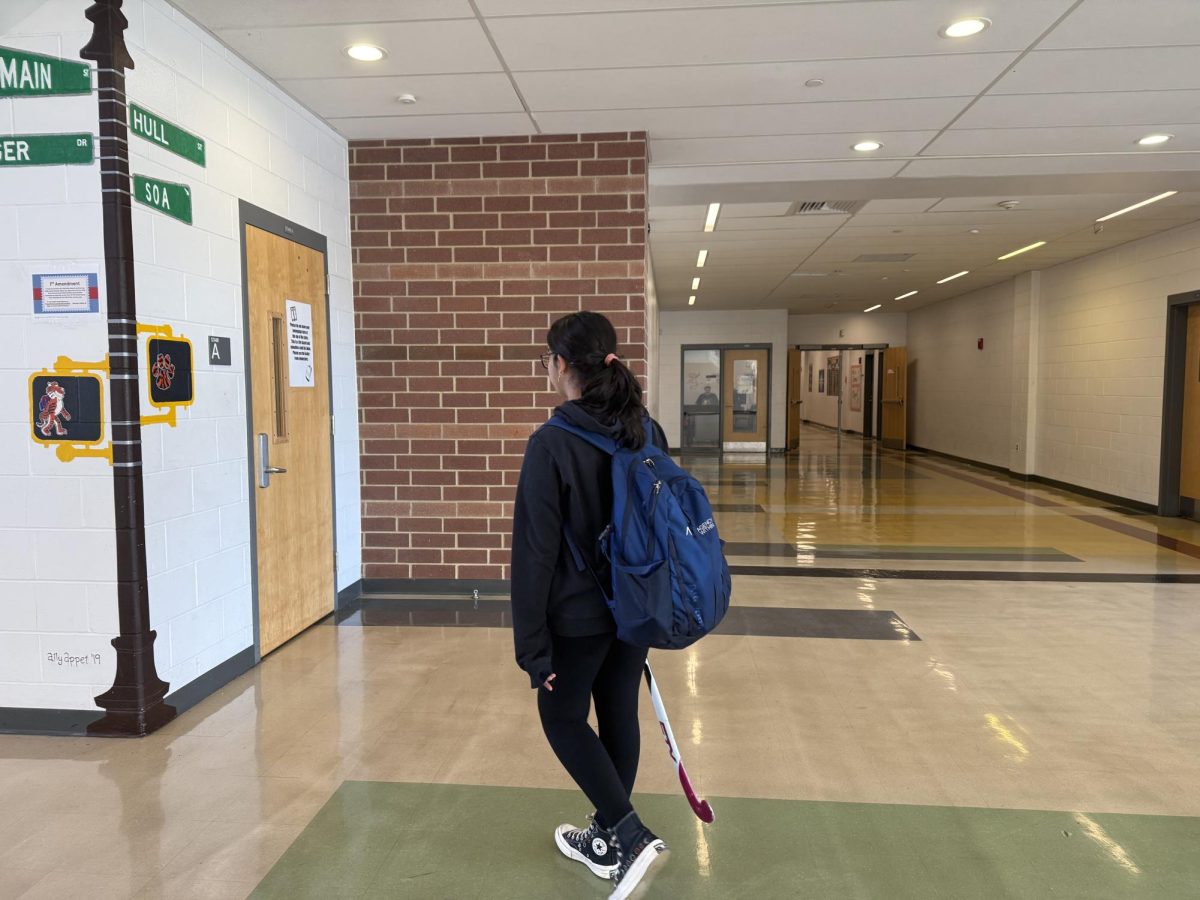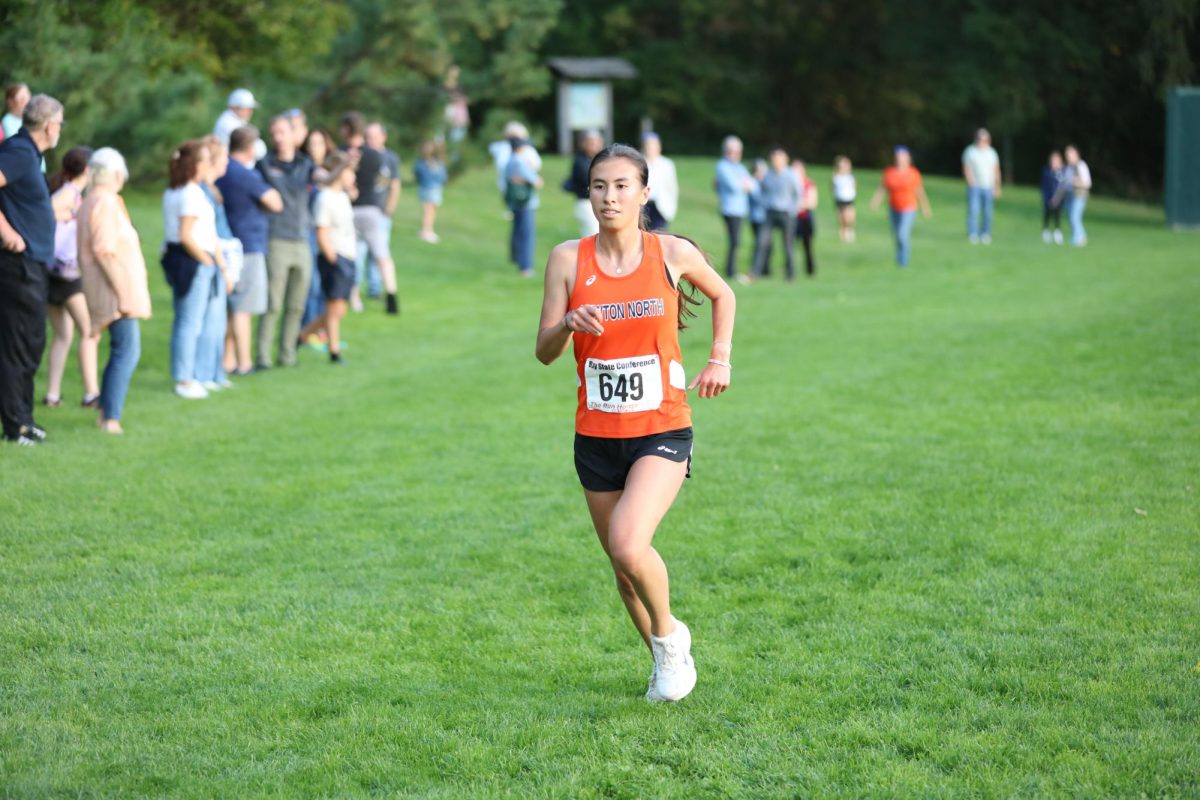Students discussed their thoughts and feelings about the 2020 election Wednesday, Nov. 4 in a series of virtual meetings organized by the newly-formed Human Rights Council (HRC).
According to a schoolwide announcement made by vice principal Amy Winston, other webinars responding to the election not organized by the HRC included affinity group-specific meetings for Black, Asian American, Pacific Islander, Latinx, multi-racial students of color, LGBTQ+ students, as well as international and immigrant students. The HRC had a general Zoom meeting open throughout the day for students to drop in and talk about the election.
Senior Arsema Kifle, one of the co-presidents of the Black Leadership Advisory Council (BLAC), stressed the importance of having a safe space to talk about politics. “The election can be very nerve-wracking for many students and I’m glad to know that at least in some part the HRC was able to alleviate some of that stress with our day-long discussions.”
The HRC was formed to address two incidents of students using transphobic and homophobic slurs in Zoom classes earlier this year and is now branching out to cover additional issues including sexism and racism. The group is made up of the House Deans, the Office of Human Rights, the Black Leadership Advisory Council (BLAC), Hispanic and Latinx Union (HLU), Asian Culture Club (ACC), the South Asian Student Association (SASA), and the Gender-Sexuality Alliance (GSA).
“The Human Rights Council is a space where students who are dedicated to anti-racism and social justice work can put together initiatives that are both reactive and proactive,” said English teacher, Michele Leong, an HRC advisor. “For me, what’s really important is the desire that these students have to come together and start to work against oppression and stand up for social justice and for one another.”
The HRC will meet virtually once or twice a month, if not more, to address current issues. According to Leong, the HRC aims to educate students on how to be proactive against oppression and remain a safe space in which students can go to talk to other students without fear of judgement.
“A huge part in the HRC being established was to focus on the racial inequity and inequalities surrounding NPS, but also just the bigger picture of how the racial inequity affects people in our society in general,” Kifle added.
Principal Henry Turner said that while a virtual format was not ideal, he didn’t think it would negatively impact the group. “We are certainly expecting this group to exist beyond this situation that we’re in,” said Turner. “Using this group, I’m sure we can still build a community and a safe space virtually.”
As well as the meetings led by the HRC, the history department organized a series of meetings in which students could ask questions about the election process and the history of elections.











































